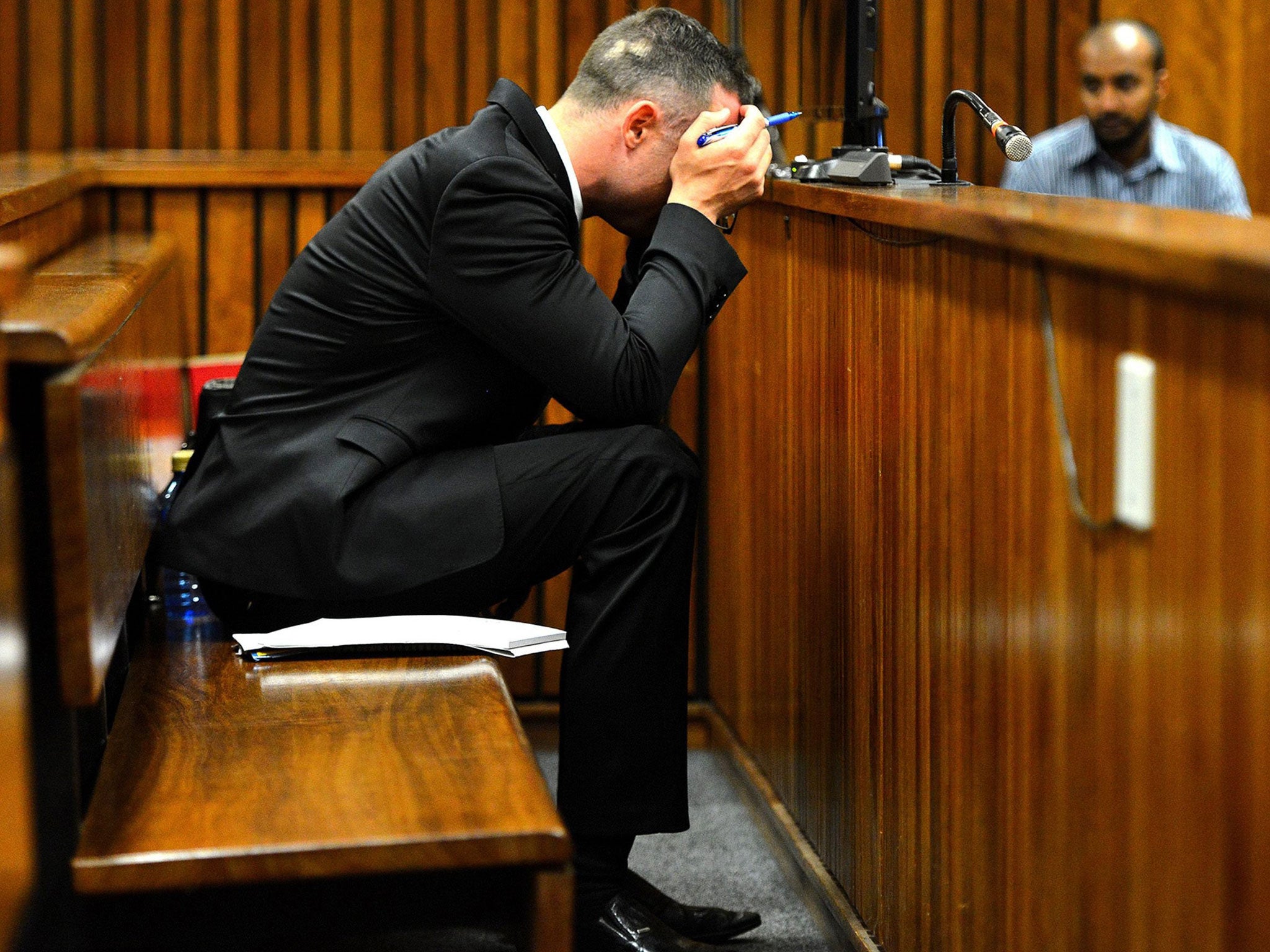Your support helps us to tell the story
From reproductive rights to climate change to Big Tech, The Independent is on the ground when the story is developing. Whether it's investigating the financials of Elon Musk's pro-Trump PAC or producing our latest documentary, 'The A Word', which shines a light on the American women fighting for reproductive rights, we know how important it is to parse out the facts from the messaging.
At such a critical moment in US history, we need reporters on the ground. Your donation allows us to keep sending journalists to speak to both sides of the story.
The Independent is trusted by Americans across the entire political spectrum. And unlike many other quality news outlets, we choose not to lock Americans out of our reporting and analysis with paywalls. We believe quality journalism should be available to everyone, paid for by those who can afford it.
Your support makes all the difference.If Lord Neuberger found the television coverage of the Oscar Pistorius trial “impressive” he can’t have seen all of it.
Certainly not the prosecution’s brutal tactic of suddenly bringing up pictures of Reeva Steenkamp’s catastrophically wounded head onto the courtroom’s many screens, forcing the defendant to look at them.
This tactic also ensured millions of TV viewers of all ages were confronted with an image they may never forget. Ever since the prosecution pulled this stunt the television stream has been on a time delay to ensure it cannot happen again, but that doesn’t address other, more fundamental concerns about the coverage.
Like the crucial witnesses seemingly so overcome with nerves that they could barely speak. And others for whom the prospect of the TV cameras was almost certainly the crucial factor in their refusing to appear.
Not to mention the incident at the start, when the whole painstakingly fought-over television access agreement was almost thrown out when one broadcaster broke it by showing a picture of a witness who had exercised her right for her face not to be shown.
Yes, the public has a right to enter almost any courtroom in the land, and television is indeed the “natural extension” of that. Justice must be done, and must be seen to be done. But there was no shortage of occasions in that trial when the second principle almost overwhelmed the first.
A trial like that of Oscar Pistorius is a rare thing, but its central purpose is the same as any other: justice for the victim. Often, during the Pistorius trial, this felt like an afterthought. One important point though. Criminal law is an honourable profession, and it’s fair to imagine that prosecutor Gerrie Nel and defence lawyer Barry Roux, with their brilliant brains and brutalising articulacy, may have inspired many a young legal mind.
Tom Peck covered the Oscar Pistorius trial in Pretoria for The Independent. The judge is due to deliver his verdict on 11 September.


Join our commenting forum
Join thought-provoking conversations, follow other Independent readers and see their replies
Comments